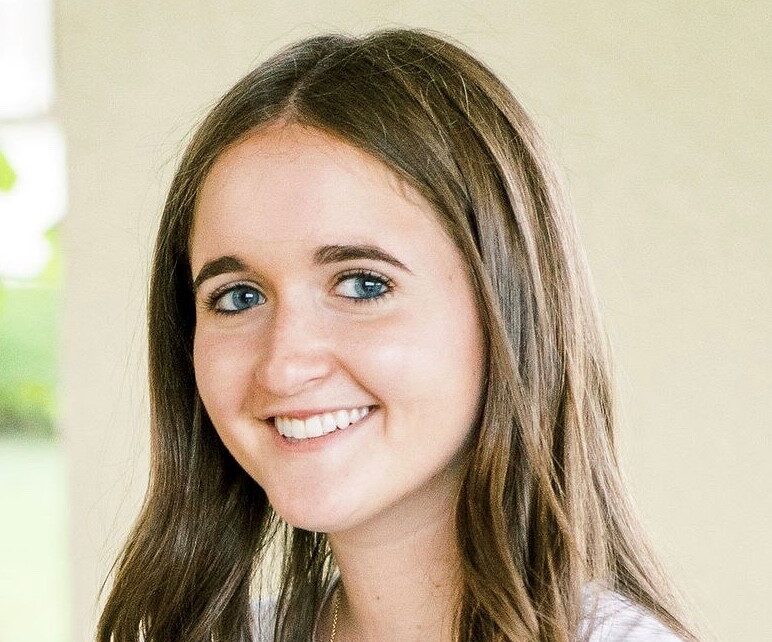Generational Memory: Spotlighting Holocaust Families with Lauren Pantzer

At the Israel Philharmonic, we are immensely proud of the connections we build with audiences of all ages. This month, we chose to highlight AFIPO community member 16-year-old Lauren Pantzer, whose passions for photojournalism and storytelling propelled her to create From One Life, a photographic journey through the lives of five families of Holocaust survivors.
As a young student of history and a budding author, what inspired you to document the lives of holocaust families?
My inspiration to document the lives of Holocaust families is my great-grandmother, Suzanna Cohen and my grandfather, Edward Cohen. My great-grandmother, Suzanna (Nana Suzi), was a Holocaust survivor who was forced to flee her home in Poland at the age of 13. Nana Suzi spent two years in a Siberian labor camp, from which she was eventually freed and finally ended up in Tehran. There, my great grandfather, Soleiman Cohen, rescued Nana Suzi and her mother from a refugee camp and eventually married Suzanna. Suzanna died about three years ago, and I was lucky enough to have known her and spent a great deal of time with her at her home in Santa Monica, California.
However, I did not really know much about her life until my grandfather (Suzanna’s eldest son), Edward, undertook the mission to research and document Suzanna’s life. Edward’s findings about Nana Suzi’s experience in the Holocaust is now documented in a book called Six Thousand Miles to Home. What I realized from my own life experience is that in the case of the Holocaust, we must keep telling the stories so such horrors do not occur again. My book, From One Life, presents the Holocaust stories of five families as told by the great grandchildren of survivors. My generation is the last generation who might have personally known a Holocaust survivor, so I believe it is imperative that we keep sharing the stories of our families. If these stories of strength, fortitude, survival and family are not recorded, they might not be passed down from one generation to the next.

Lauren with her great grandmother Suzi, a Holocaust survivor.
What special experiences or pieces of wisdom can you and other young people of Holocaust families share with the world?
My biggest piece of advice would be to ask questions. From my own experience with my grandmother—Nana Suzi—I wish that during her lifetime I would have known the right questions to ask. Admittedly, this can be difficult at times, because it can be so hard to talk about. However, sharing this information is vital to prevent such atrocities from happening again, and I would encourage young people to push for information.
Even with the families I interviewed, none of them had all of the information I needed to tell their full and complete stories. I had to keep asking questions. It was a difficult process, but I know that those who took part are so thrilled to have their family stories recorded. To produce his book, my grandfather Edward interestingly hired a genealogist to trace the history of Nana Suzi’s family. Edward really had no information about his mother’s family background when he embarked on his book project. With the help of a genealogist, Edward was able to trace over 350 descendants of Nana Suzi’s grandparents (both living and alive), and was able to locate and gather 10 living first cousins of Suzanna that no one knew existed, and whom now have many descendants themselves.
How do you think growing up in a holocaust family is different than other families?
Most importantly, understanding the risks that my great grandfather Soleiman took to rescue Nana Suzi has underscored what giving to others means to me and my family. My grandparents and parents have always been philanthropic and have given their time and resources to organizations like United Jewish Appeal (UJA) and the AFIPO. Over the past few years, I have also become actively involved with UJA’s Philanthropic Advisory Council for Teens (PACT), as well as Met Council, for which I most recently organized a packing project, packaging 175 care packages for elderly New Yorkers (some of whom are Holocaust survivors) during the COVID crisis. Growing up in a Holocaust family certainly makes you appreciate what you have, and I feel inspired to help to make the lives of others better.

The cover of Lauren’s book, “From One Life.”
Tell us a special moment with your great grandmother?
I can still hear Nana Suzi’s voice telling me to “enjoy your life.” After each visit to her apartment in Santa Monica—where she would feed us plentifully with a table filled with her famous roasted nuts, ripe fruits and delicate chocolates—Suzanna would remind my sisters and I to “enjoy your life.” In hindsight I now understand that her table so lavishly filled with treats was perhaps her way of appreciating her life, having experienced so much hardship and even starvation. Nana Suzi also wanted her children and grandchildren to appreciate their lives and, most importantly, to enjoy our good fortune. I will always carry her words of wisdom and will do everything I can to carry on her legacy with good spirit, generosity, and appreciation.
Read more about our incredible community!
COEXISTENCE THROUGH MUSIC
Each year, the KeyNote program reaches more than 22,500 children in Israel.
Read More

